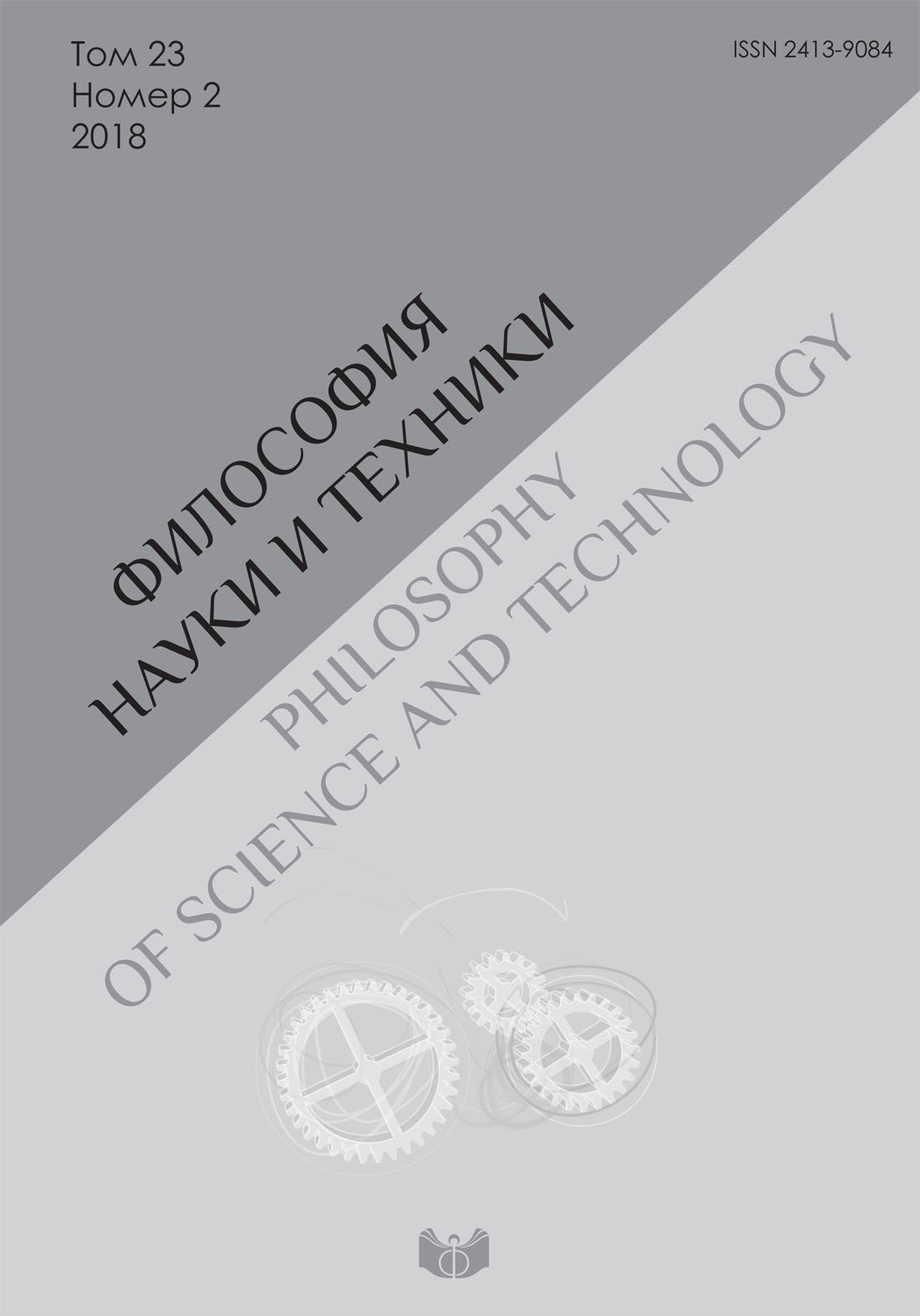Cognitive implications of phenomenological constructivism
DOI:
https://doi.org/10.21146/2413-9084-2018-23-2-10-13Keywords:
realism, antirealism, empirical realism, phenomenological constructivismAbstract
Philosophical preconditions of constructivist attitudes’ absolutization in contemporary theory of knowledge have been outlined in this paper. It has been substantiated, that phenomenological constructivism with the adhered ideas of both special transcendental subject’s experience as phenomenological-transcendental reduction and inseparable noetic-noematic unity of the subject matter with the means of its cognitive presentation in transcendental mind laid the profound philosophical foundation of further amplification of antirealist conceptions of “cognitive escape” from reality. Nevertheless its further development, such as “spatial turn” in phenomenology and its enrichment with analytical philosophy’s achievements reveals the enhancement of constructive-realistic (V.A. Lectorsky) tendencies in contemporary theory of knowledge.











